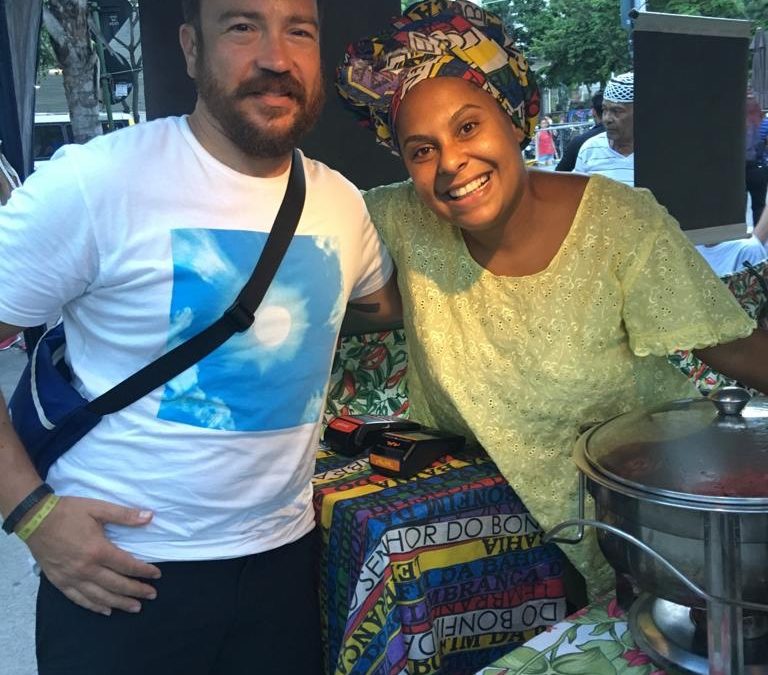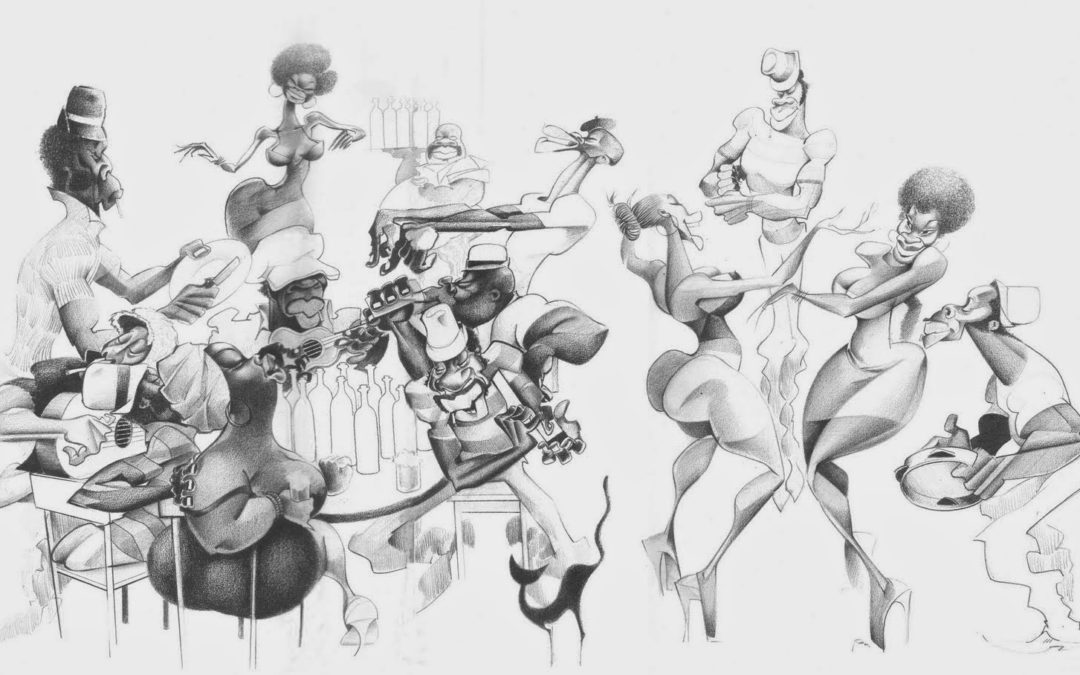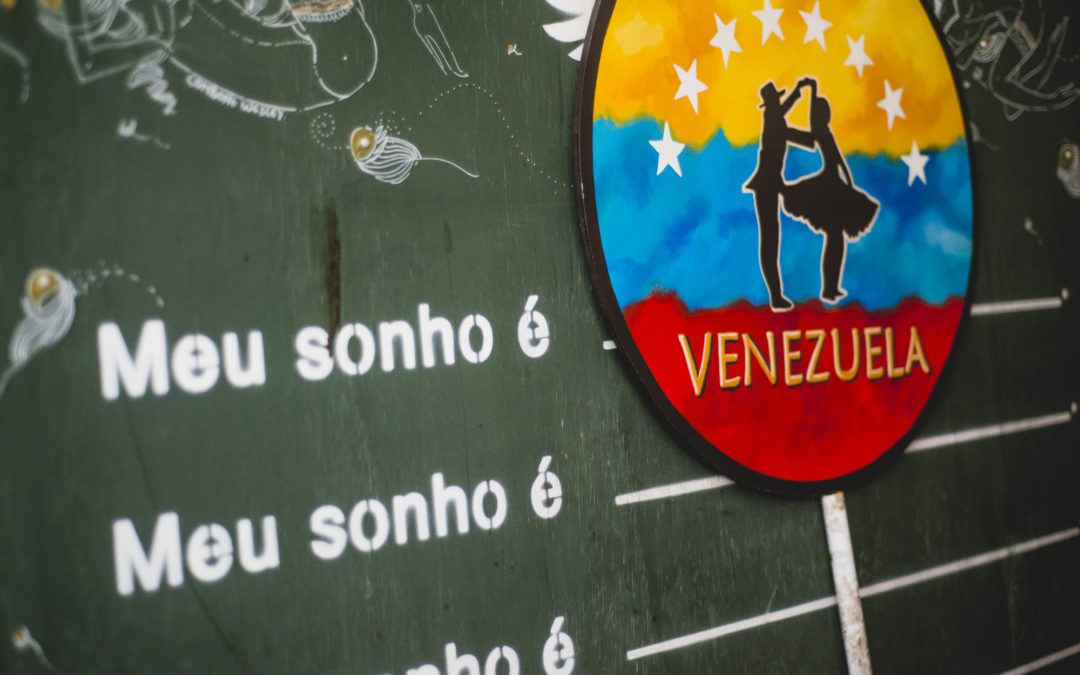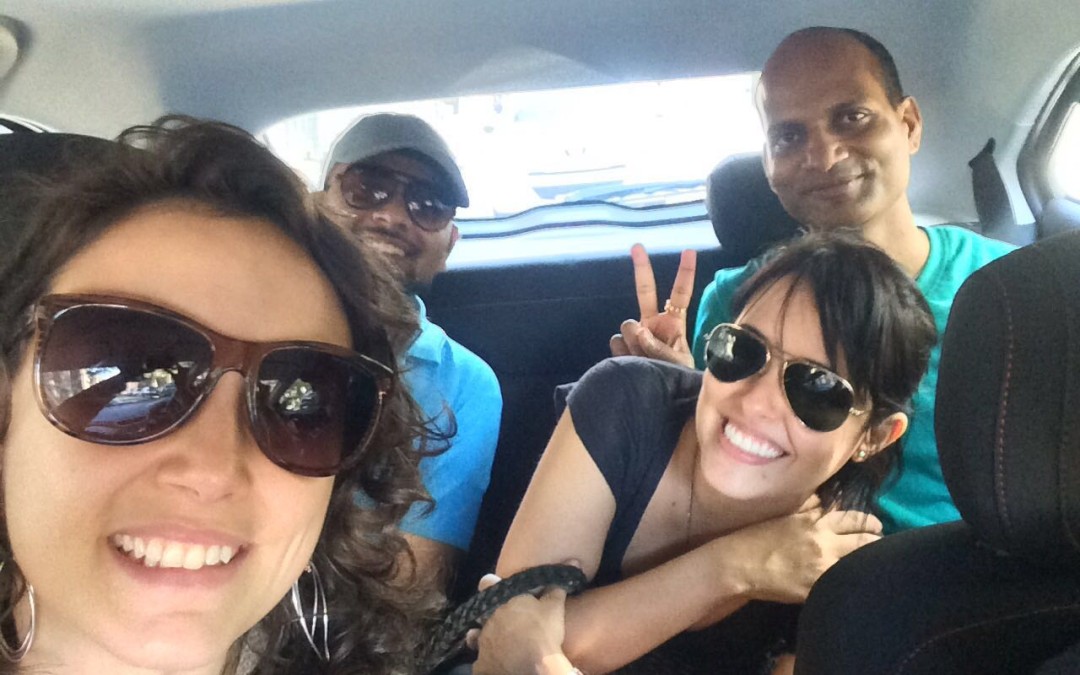


Acarajé secrets . Post do aluno Greg Grassi
The secrets of acarajé After practical experience Greg felt inspired and decided to share what he learned. By Greg Grassi Sometimes, my constant talk about food pays off. I was supposed to meet Luciana, one of my Portuguese teachers, for an individual class when she...
Free Samba Class
Samba, a rhythm in transition Ir order to study the history of Brazil without any books, just listen to samba Written by Marcelle Bottini Fala Brasil School offers samba class | dance and its history. This is a part of the lesson material. History The samba was born...
Regaetton Class, from Venezuela to Fala Brasil School
Regaetton class, from Venezuela to Fala Brasil School In partnership with Abraço Cultural, Fala Brasil School received a latin dance class Written by Isabella Herdy On Saturday, the 28th, we received a class of Regaetton in partnership with Abraço Cultural. Abraço is...



Recent Comments